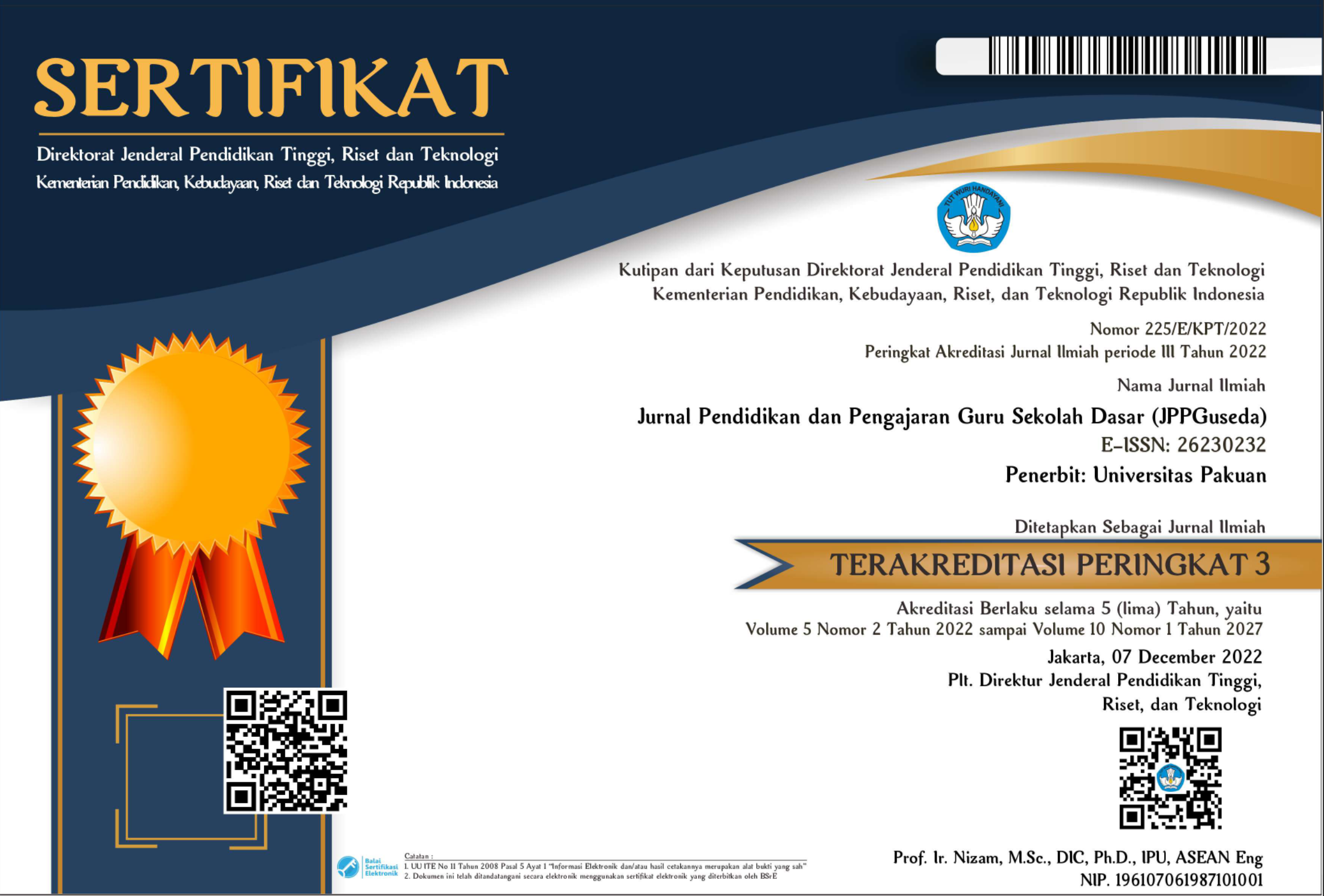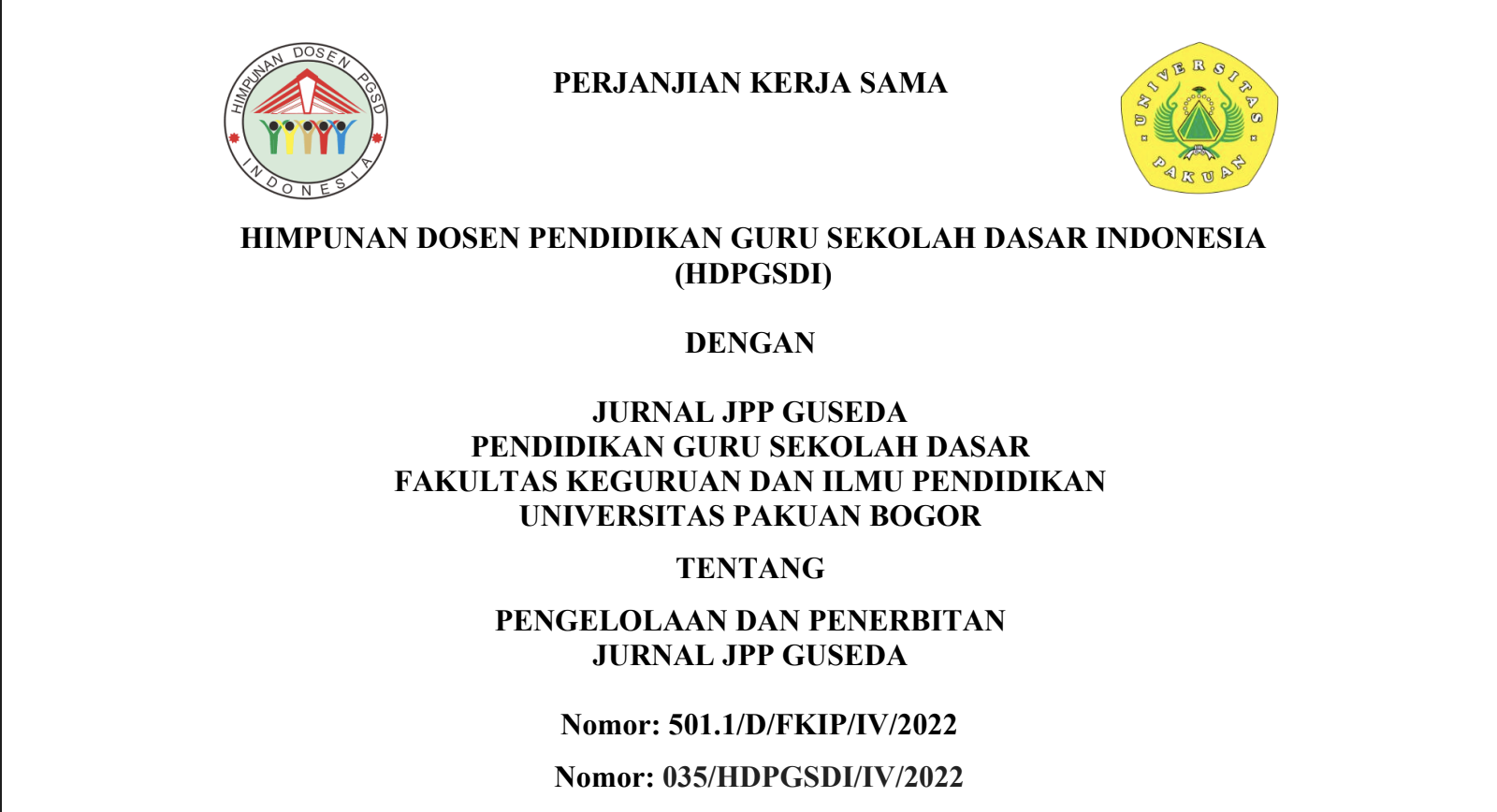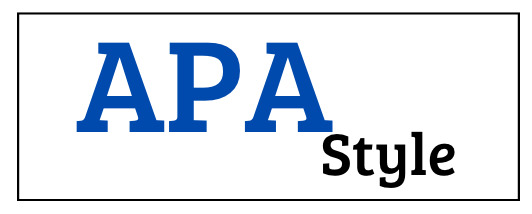Learning Needs Analysis In Elementary School: Differentiated Learning With A Humanistic And Pluralistic Approach
Abstract
Diversity is something we often encounter, one of which is in the classroom. However, this is also often a problem if not handled properly. One of the learnings that pays attention to diversity is differentiated learning. Differentiated learning is learning that is adjusted to students' learning needs that are adjusted to their interests, talents, and abilities. One approach that can be integrated with differentiated learning is the humanistic and pluralistic approach. The purpose of this study is to analyze learning needs from the perspective of teachers and students related to differentiated learning that integrates humanistic and pluralistic approaches. This research method uses Research and Development (R & D) research in the initial stage, namely Research and information collecting (Borg, WR & Gall, 1983). Data collection techniques by filling out surveys and interviews. The subjects were taken randomly, to 41 grade V teachers and 329 grade V students in 14 elementary schools spread across Sukabumi City. The learning needs in differentiated learning with a humanistic and pluralistic approach are that students and teachers agree that the learning in question must fulfill the principles of differentiated learning (9), the humanistic approach (5), and pluralism (6).
Keywords
References
Ali Putri, FK, Husna, MJ, & Nihayah, SA (2023). Implementation of Humanistic Learning Theory in Learning and Character Formation of Children. Tinta Emas: Journal of Islamic Education for Early Childhood, 2 (1), 33–40. https://doi.org/10.35878/tintaemas.v2i1.772
Azhari, AN (2021). Humanist Education (Comparative Study of the Thoughts of Paulo Freire and Abdurrahman Masud). Dirasah: Journal of Islamic Thought and Basic Education, 4 (2), 173–192. https://stai-binamadani.e-journal.id/jurdir
Borg, W.R. & Gall, M.D. (1983). Educational research: an introduction (4th ed.) . Taylor & Francis, Ltd. https://doi.org/https://doi.org/10.2307/3121583
Brodersen, R. M., & Melluzzo, D. (2017). Summary of research on online and blended learning programs that offer differentiated learning options. Regional Educational Laboratory Central, 1–22.
Bruggink, M., Meijer, W., Goei, S.L., & Koot, H.M. (2014). Teachers' perceptions of additional support needs of students in mainstream primary education. Learning and Individual Differences, 30 , 163–169. https://doi.org/10.1016/j.lindif.2013.11.005
Hanum, F., & Raharja , S. (2013). Development Of Integrated Multicultural Learning Model Of Social Studies Subject In Elementary Schools. Journal of Educational Science Research, 6 (2), 78–83.
Marlina, M., Padang, UN, Kusumastuti, G., Padang, UN, & Ediyanto, E. (2023). Differentiated Learning Assessment Model to Improve Involvement of Special Needs Students in Inclusive Schools. July . https://doi.org/10.29333/iji.2023.16425a
Mills, M., Monk, S., Keddie, A., Renshaw, P., Christie, P., Geelan, D., & Gowlett, C. (2014). Differentiated learning: from policy to classroom. Oxford Review of Education, 40 (3), 331–348. https://doi.org/10.1080/03054985.2014.911725
Nugroho, CMR, & Darmawan, P. (2024). Implementation of Differentiated Learning in the Perspective of Humanistic Learning Theory in Elementary Schools: Literature Study. Journal of Innovation and Teacher Professionalism, 2 (3), 282–290. https://doi.org/10.17977/um084v2i32024p282-290
Nurul Hidayati Rofiah. (2016). Implementing Multiple Intelligences in Elementary School Learning. Journal of Elementary Education Dynamics, 8 (1), 68–79. http://jurnalnasional.ump.ac.id/index.php/Dinamika/article/view/937%0Ahttp://jurnalnasional.ump.ac.id/index.php/Dinamika/article/view/937/875
Prihandini, DR, Azizah, SA, & Atikah, I. (2023). Synergy Between Differentiated Learning Implementation and Teaching at The Right Level in Presenting an Inclusive Learning Environment. Journal of Educational Technology, 1 (2), 11. https://doi.org/10.47134/jtp.v1i2.76
Purnomo, YW (2015). Development of Assessment-Based Learning Design in Mathematics Learning. Jurnal Cakrawala Pendidikan , 2 (2), 182–191. https://doi.org/10.21831/cp.v2i2.4823
Purwowidodo, A., & Zaini, M. (2023). Theory and Practice of Differentiated Learning Models for Implementing the Independent Learning Curriculum (M Fathurrohman, Ed.; 1st ed.). Penebar Media Pustaka.
Rachmahana , RS (2008). Psychology Humanistic and Its Applications in Education [Humanistic Psychology and Its Applications in Education]. El- Tarbawi : Journal of Islamic Education, 1 (1), 99–114.
Rosana, D., Widodo, E., Setianingsih , W., & Setyawarno , D. (2020). Training Implementation Assessment of Learning, Assessment for Learning, and Assessment as Learning. Mathematics and Natural Sciences Community Service and Mathematics and Natural Sciences Education, 4 (1), 71–78.
Rosiyani, AI, Aqilah Salamah, Lestari, CA, Anggraini, S., & Ab, W. (2024). Implementation of Differentiated Learning in the Independent Curriculum in Elementary School Science Learning. Journal of Elementary School Teacher Education, 1 (3), 10. https://doi.org/10.47134/pgsd.v1i3.271
Rukmi, DA, & Mutiah , T. (2023). Implementation of Differentiated Learning in the Perspective of Humanistic Learning Theory. Journal of Elementary Education Flobamorata, 4 (3), 699–706. https://doi.org/10.51494/jpdf.v4i3.985
Toenlioe, AJ (2021). Basic Science and Philosophy of Education: A Study of the Synergistic Dichotomous Model. In Malang: CV. Multimedia Education.
Tomlinson, C. A. (2014). The Differentiated Classroom Responding to the Needs of All Learners. Pearson. www.ascd.org/epubs.
Law No.20 of 2003, Law National Education System 1 (2003).
Valiandes , S. (2015). Studies in Educational Evaluation Evaluating the impact of differentiated instruction on literacy and reading in mixed ability classrooms : Quality and equity dimensions of educational effectiveness. Studies in Educational Evaluation, 45, 17–26. https://doi.org/10.1016/j.stueduc.2015.02.005
Walad, M., Dewi, NWR, Windayani , NLI, Mudana , IW, & Lasmawan , IW (2024). Religious Pluralism Approach in Education in Indonesia: Challenges and Implementation Strategies. Citra Bakti Scientific Journal of Education, 11 (3), 871–886. https://doi.org/10.38048/jipcb.v11i3.3749
Wardani, DAW (2023). PROBLEM-BASED LEARNING: OPENING UP OPPORTUNITIES FOR COLLABORATION AND STUDENT SKILL DEVELOPMENT. Journal of Research and Quality Assurance, 13 (1), 104–116.
Wikipedia. (2024). Pluralism. Https://Id.Wikipedia.Org/Wiki/Pluralisme. https://id.wikipedia.org/wiki/Pluralism
Zubaidah, S. (2018). 21st Century Skills. Journal of Biology Education, June, 1–25.
DOI: 10.55215/jppguseda.v8i2.10928
 Abstract views : 201
Abstract views : 201
Refbacks
- There are currently no refbacks.
Copyright (c) 2025 Nita Novianti

This work is licensed under a Creative Commons Attribution-NonCommercial-ShareAlike 4.0 International License.




















